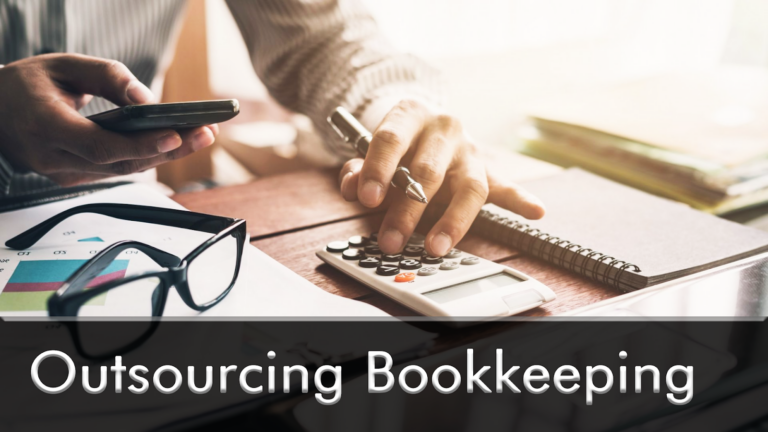
While investing in the stock market, investors often seek guidance to make informed decisions. In this process, they encounter two distinct approaches: free stock tips and personalized financial advisory. Both have their place in an investor’s journey, but each comes with its own set of advantages and limitations. Here’s a comparative analysis to help determine what might work best for your needs.
Pros of Free Tips
- Easily Accessible
Free tips are available across social media platforms, forums, messaging groups, and financial news portals. They provide immediate information with minimal effort. - No Financial Commitment
There is no cost involved in accessing free tips. For new investors, this makes it a low-risk way to get exposure to stock market conversations. - Good for Initial Learning
Free advice can introduce new investors to basic stock names, sectors, and trends, helping them develop initial market familiarity. - Real-Time Market Sentiment
These tips often reflect the current market mood and may help identify short-term trends or popular stocks under discussion. - Wide Range of Sources
Free tips offer varied viewpoints and opinions, allowing investors to compare and contrast information.
Cons of Free Tips
- Lack of Accountability
Individuals or groups providing tips are not bound by any regulation or responsibility. If a stock underperforms, there are no repercussions for the tip provider. - Limited Depth of Analysis
Free tips rarely come with in-depth research or a clear explanation of the rationale behind the recommendation. - Potential Conflicts of Interest
Some individuals may promote stocks for personal gain or undisclosed incentives, leading to biased advice. - Encourages Impulsive Decisions
Without context or understanding, investors may act emotionally or speculate based on hype rather than sound strategy. - No Personalization
These tips do not consider the investor’s risk profile, financial goals, or time horizon, increasing the chance of mismatch between the investment and the investor’s needs.
Pros of Personalized Stock Market Advisory
- Tailored Investment Recommendations
Personalized stock market advisory services, particularly from a SEBI-registered investment advisory, assess your goals, risk appetite, and time frame before suggesting strategies. - In-Depth Research and Analysis
Recommendations are based on comprehensive fundamental and technical analysis, taking into account macroeconomic trends and company-specific performance. - Regulatory Oversight
Advisors operating under SEBI registered investment advisory norms must follow strict compliance standards, ensuring transparency and investor protection. - Long-Term Strategy and Planning
These services help with goal-based investing, portfolio rebalancing, and risk management—key components for sustained wealth creation. - Ongoing Support and Monitoring
Advisors offer continuous updates and periodic reviews, helping investors adjust strategies based on market conditions or personal financial changes.
Cons of Personalized Stock Market Advisory
- Cost of Services
Advisory services typically involve a fee—either fixed or as a subscription—which may not be feasible for all retail investors. - Not Always Immediate
Personalized advice may take time, as it is based on profiling and analysis, which may not suit investors seeking quick suggestions. - Reliance on Advisor’s Competence
The effectiveness of the service depends heavily on the advisor’s skill, integrity, and market understanding.
What Works Best for You?
The choice between free tips and personalized advisory depends on several factors:
- Experience Level: Beginners may use free tips as a starting point but should proceed with caution and cross-check information. More experienced investors or those with larger portfolios benefit from structured guidance.
- Financial Goals and Risk Tolerance: Investors with long-term objectives like retirement planning may prefer a personalized approach that aligns with their specific needs.
- Time and Knowledge: If you lack the time or expertise to track and research markets independently, a professional advisor can add value by simplifying decision-making.
Many investors use a combination of both approaches. While they stay informed through freely available resources, they rely on personalized advisory for key decisions or when market conditions are volatile. This hybrid approach allows for cost efficiency while ensuring a strategic framework is in place.
Conclusion
Choosing between personalized stock market advisory and free tips isn’t about finding the “best” option—it’s about finding what aligns with your unique needs, resources, and goals. Free tips are a tempting gateway into the world of investing, but they come with risks. Personalized advisory, though pricier, offers tailored and professional guidance. Whether you choose free tips, personalized advisory, or a mix of both, the most important thing is to make informed and deliberate decisions.







